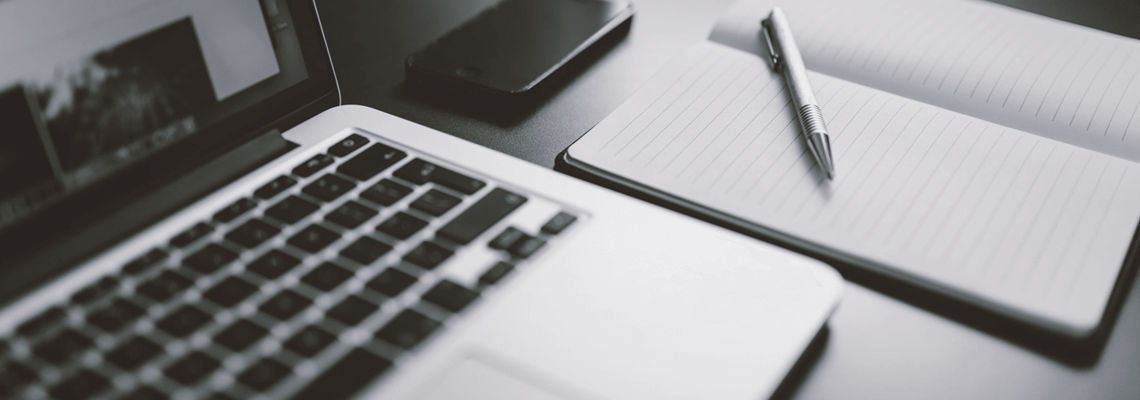
HOW TO SURVIVE AN ALL-CASH MONTH
A New Year Is a Great Time to Start New Financial Habits.
If you have been carrying around excess debt, let go of it through bankruptcy!
Many people use their credit cards to pay for their living expenses, and then use their paycheck to pay down their credit cards. Before you file bankruptcy, you need to stop using your credit cards and pay all of your living expenses from your paycheck.
Whether you use cash or a debit card, using only money from your paycheck can be big adjustment.
Here are some tips to help you succeed:
Make a budget. Write down the amounts of your expenses and when they are due. These may include rent or mortgage, utilities, car payment. It’s very important that these get paid on time so you can avoid unnecessary late fees. Next, write down amounts you usually spend on items that don’t have due dates, such as groceries and transportation costs. These areas usually have a little more flexibility, and you may be able to find ways to spend less.
Plan how to track your spending. During a cash-only month, it’s very important to track all your spending so you don’t run out of money before the end of the month. There are many ways you can track your spending. If you are using actual cash, you can divide the amounts for each category into envelopes. If you prefer to use a debit card, you can use one of these apps to make tracking spending easier. Old fashioned paper and pencil will work fine too. Whatever you choose, set up your tracking method before the month begins.
Put away your credit cards. Taking your credit cards out of your wallet might be enough to keep you from using them. Some people put their credit cards in water and put them in the freezer to make them extremely difficult to access. Think of a plan that will work for you.
Save for emergencies. One reason people are reluctant to give up credit cards is that they think they will need them in case of an emergency. Start an emergency savings fund to cover those unexpected expenses so you won’t have to rely on credit. It’s much better to prepare in advance for an emergency than to spend months afterward paying one off, with interest.
Even if You only Save a Small Amount Each Week, It Will Add up Quicker than You Think!
An all-cash month can be a great way to help you get your finances on track. And remember, it doesn’t have to last forever. Once you have developed good financial habits, you can get back to using credit again if you’d like to.
